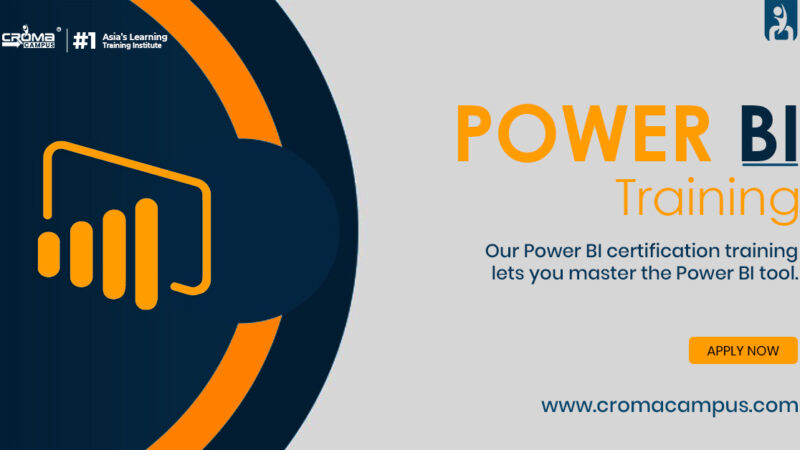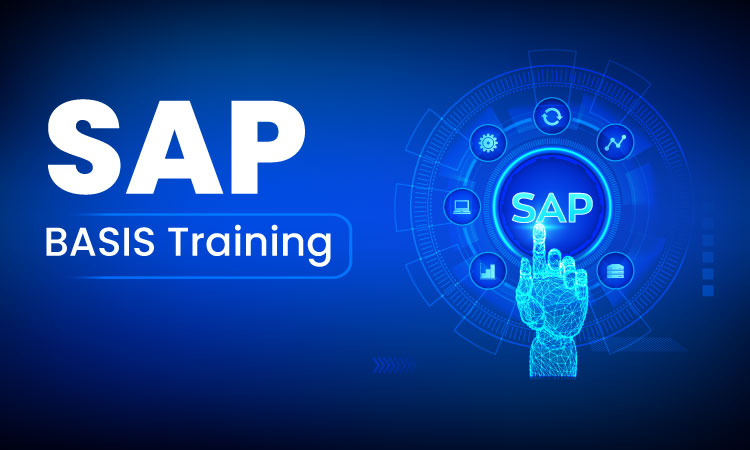SAP For Business Professionals: An Overview

Table of Contents
Introduction
Organizations are finding strong solutions to streamline their operations, enhance efficiency, and gain a competitive edge. SAP (Systems, Applications, and Products in Data Processing) stands out as a complete suite of business software that has become a milestone for many enterprises worldwide. Moreover, SAP has grown to become a global leader in enterprise resource planning (ERP) software. Additionally, SAP’s ERP solution covers a broad spectrum of activities, ranging from finance and human resources to supply chain management and customer relationship management. SAP BASIS Course enables one to learn all the techniques and strategies essential for this domain. So, this holistic approach allows organizations to improve collaboration, and achieve greater operational efficiency.
Key Features of SAP
- Integrated Modules: SAP offers a modular structure with various integrated modules, each catering to specific business functions. Some of the prominent modules include SAP Finance (SAP FI), SAP Human Capital Management (SAP HCM), SAP Supply Chain Management (SAP SCM), and SAP Sales and Distribution (SAP SD). So, these modules work seamlessly together. Hence, ensuring data consistency and providing a unified view of the organization.
- Real-time Analytics: SAP’s in-memory computing technology, SAP HANA, enables real-time data processing and analytics. Therefore, this means that businesses can access up-to-the-minute insights into their operations. Thus, allowing for informed decision-making. Real-time analytics are crucial in today’s fast-paced business environment. As a result, it gives organizations a competitive advantage by responding quickly to market changes. SAP BASIS Course
- Customization and Flexibility: SAP understands that each business is unique, and therefore, its software is designed to be highly customizable. However, organizations can customize SAP modules to meet their specific requirements. Hence, ensuring that the software aligns with their business processes rather than forcing them to adapt to predefined structures.
- Cloud Integration: SAP has embraced cloud computing, offering a range of cloud-based solutions. So, this allows businesses to access SAP applications and data from anywhere, promoting collaboration among teams working in different locations. Moreover, cloud integration also ensures automatic updates and scalability. Hence, reducing the burden on internal IT resources.
Benefits of SAP for Business Professionals
- Improved Efficiency: By integrating various business processes, SAP eliminates redundant tasks. Hence, reducing the likelihood of errors and enhancing overall operational efficiency. Additionally, automation of routine tasks frees up valuable time for employees to focus on more strategic and value-added activities.
- Enhanced Decision-Making: The real-time analytics provided by SAP enable business professionals to make informed decisions based on the latest data. Whether it is monitoring sales performance, managing inventory, or analyzing financial trends, SAP equips professionals with the insights needed for effective decision-making.
- Supply Chain Optimization: SAP’s Supply Chain Management module helps organizations optimize their supply chain processes. So, this includes better inventory management, demand forecasting, and efficient logistics. As a result, it leads to cost savings and improved customer satisfaction.
- Enhanced Customer Experience: With SAP Customer Relationship Management (CRM), businesses can build stronger relationships with their customers. Hence, by reducing customer data, organizations can personalize interactions, anticipate needs, and provide better customer service.
Role of SAP in Business Transformation
Implementing SAP is not just about adopting new software. However, it is a strategic move that can lead to significant business transformation. Here are some ways SAP plays a crucial role in driving transformation:
- Process Standardization: SAP encourages organizations to standardize their business processes. So, this not only improves efficiency but also facilitates a more consistent and transparent approach to operations. However, standardization becomes especially vital when organizations expand globally. Thus, ensuring a uniform way of doing business across various regions. SAP BASIS Course
- Data-Driven Decision-Making: The real-time analytics and reporting capabilities of SAP empower businesses to become more data-driven. Therefore, this cultural shift towards using data for decision-making can lead to better business outcomes. Because decisions are based on accurate and timely information rather than gut feelings or outdated data.
Conclusion
In the realm of business technology, SAP stands tall as a complete solution that goes beyond traditional ERP systems. It offers a suite of integrated modules, real-time analytics, and flexibility that can empower organizations to transform their operations, enhance efficiency, and stay ahead of the competition. So, SAP Future Scope is very bright. Furthermore, understanding the role of SAP becomes increasingly crucial for achieving sustainable growth and success in the modern business landscape.





